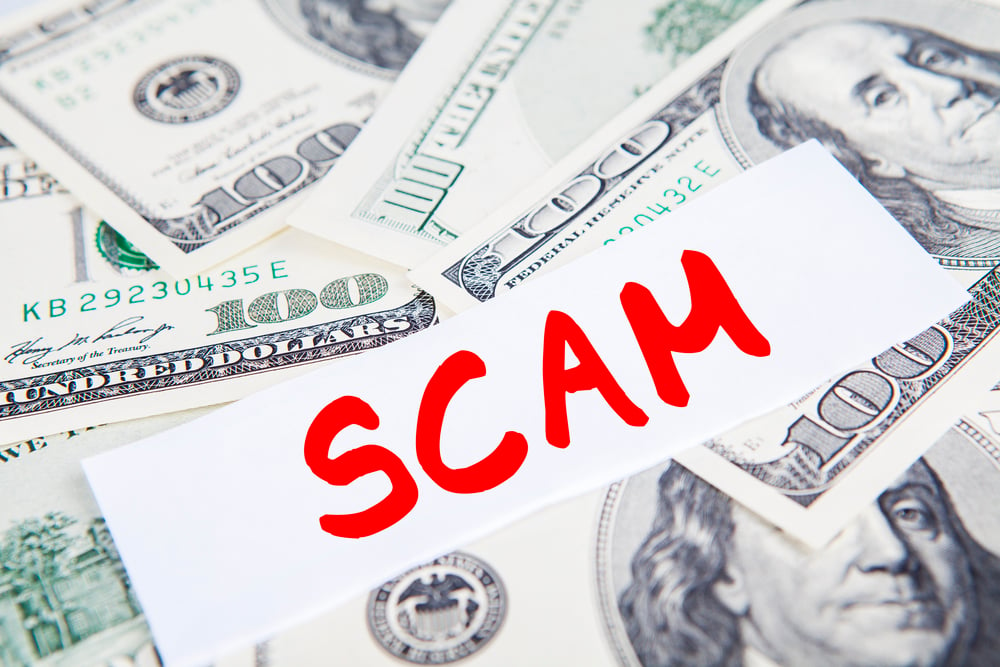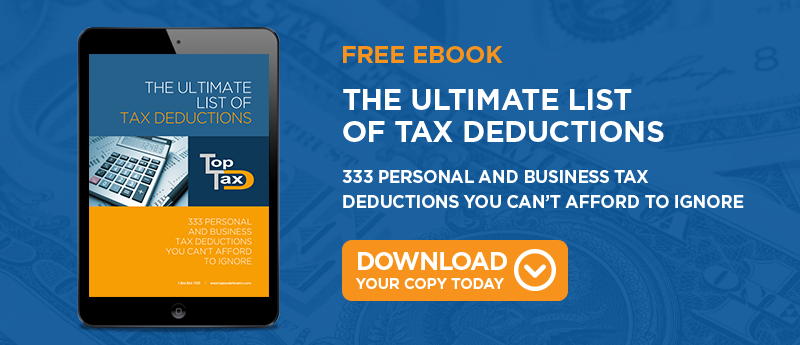
Scammers and hackers are always on the lookout for the perfect opportunity to steal people's private information. As people rush to file taxes and cash in on substantial refunds they are often unaware that they leave themselves open to scams that could jeopardize their identities and their tax returns.
You can safeguard your information, however, by taking some preventative measures before you file taxes. These four straightforward and relative simple precautions help ward off scams and also keep your private information away from hackers and identity thieves.
Use a Reputable Tax Preparation Service
The advent of the Internet has witnessed the rise of do-it-yourself tax preparation software. These programs are touted to be simple and cheap to use.
While they may in fact be relatively easy to use, these programs also typically lack safeguards that help protect your private information. Even more, the companies that make this software offer few viable solutions if your account is hacked and your identity details stolen.
You can instead protect your tax information and ensure that your return is filed safely and accurately by using a reputable tax prep service. A licensed CPA or tax professional will be able to file your taxes securely while also protecting your identity information like your Social Security number, Tax Identification number, and other details.
Avoid Opening or Responding to Fake IRS Communications
Fake IRS communications continue to be one of the primary ways that scammers and hackers steal people's identity information. These communications include seemingly authentic, yet entirely fraudulent:
- Emails
- Texts
- Social networking posts or messages
- Phone calls
While these attempts to communicate with you may seem legitimate at first, they should be immediately dismissed and ignored. The IRS does not utilize any form of electronic communication to correspond with taxpayers.
If the IRS needs to contact you, it will send you a letter in the mail. The letter will have an official IRS return label and also be written on official IRS letterhead stationary.
It also will provide you with a number to call or detail how to access your taxpayer information on the IRS.gov website. It likewise may instruct you to create a unique four-digit PIN to protect your information.
Protect Your Computer
Your computer can provide hackers and scammers with a host of details about you and your identity information. To keep your financial and private details safe, you should download and frequently use firewalls and other anti-virus software on your computer.
Many anti-virus and anti-spyware programs offer paid versions that make available higher levels of protection. You can keep your taxpayer information out of the wrong hands by using these programs and by running them regularly on your computer.
Monitor Your Credit Report
As tax season gets underway you can make sure your information is safe and secure by checking your credit reports. Everyone can request a free copy of their report once a year.
If someone has accessed your information fraudulently, it will show on your credit report. When you find suspicious reports, you should immediately report them to the credit bureau and if necessary the IRS.
Taking prompt action will minimize the damage to your credit rating. It will also alert the IRS to the possibility of someone trying to file a tax return with your Social Security number.
Hackers and scammers are at their busiest during tax season. They try to lay claim to your identify information and any refund owed to you by the government. You can keep your private information safe and avoid becoming the victim of a tax scam by using these safeguards to protect your identity and your tax return.




